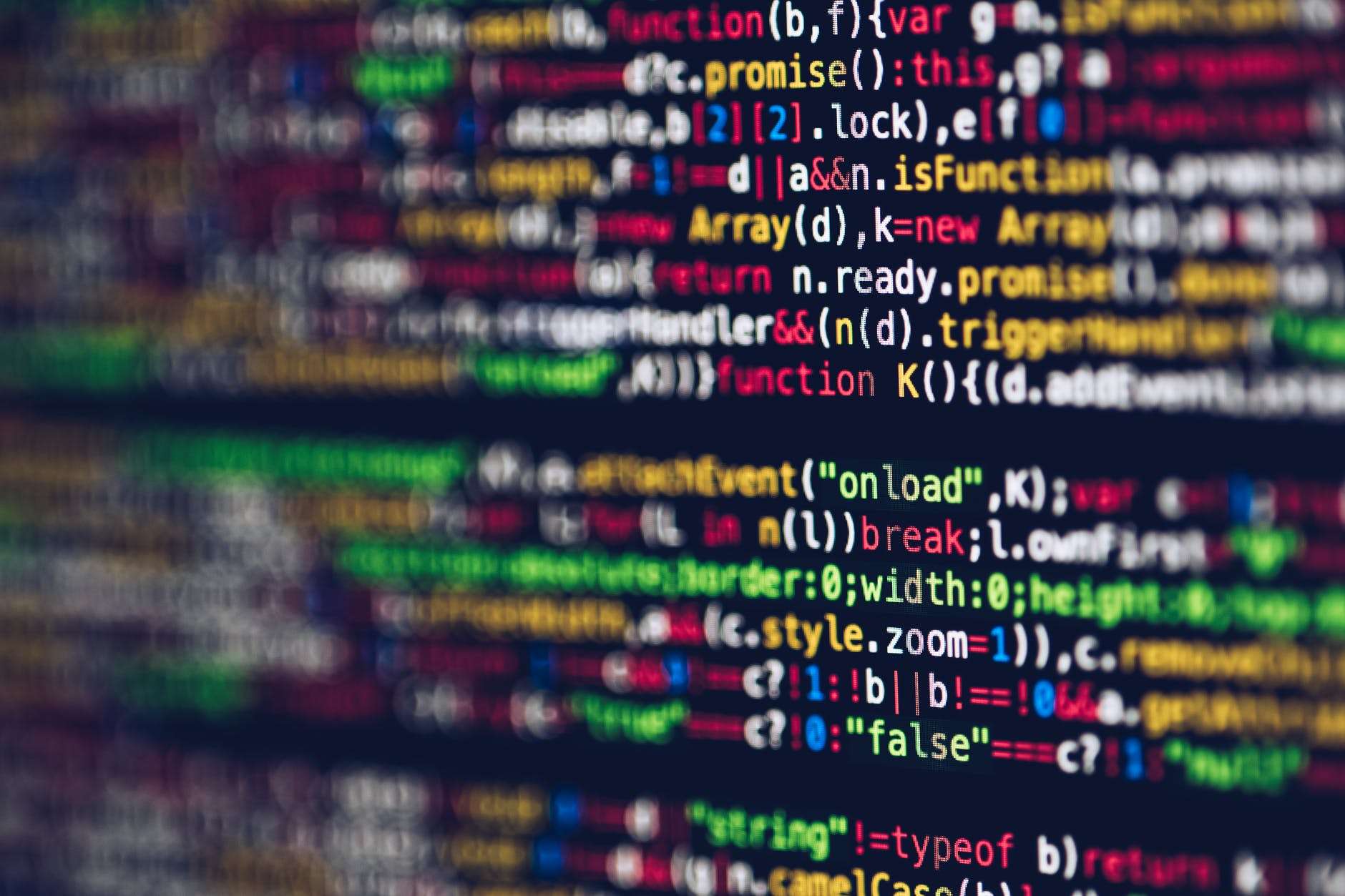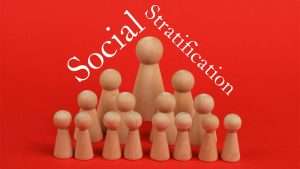From Digital Sociology to Data Science, Technology
The Internet, social media, digital space, ICTs (information and communications technology) … These terms all represent a relatively new phenomenon which has come to pervade every aspect of our lives, and indeed every field of study, which leads to an intersection between sociology and technology.
There is no area of contemporary life which has not been impacted in some way by the rapid technological progress of recent decades. Some scholars have characterized this phenomenon by labeling our current epoch in history the Digital Age, as a way to typify the significant transformations brought about by the processes of digitization, platformization, datafication, and surveillance capitalism.
As social scientists, it is becoming increasingly difficult to study and understand any social dynamics without addressing the presence of new technologies. Furthermore, as professors and instructors, it is likewise becoming increasingly necessary to teach social science students digital and computational research methods in order to effectively equip them with the tools to process and analyze the new types of data available.
Sociology is an excellent discipline for studying the social changes caused by digital technologies because this is precisely the type of work many of its founding scholars, such as Marx, Durkheim, Weber, Simmel, and Du Bois, were attempting to do. In their time, they wanted to understand the dramatic changes societies were undergoing as a result of the Industrial Revolution, and how it affected power relations and inequalities in society and in everyday people’s lives. Today, the Internet Revolution is no less significant or transformative in its scope.
Social theory provides a crucial foundation from which to understand this new phenomenon of digital social change. Many classic and contemporary social theorists have found new life in an array of emergent social science fields such as Communications, Internet Studies, Information Studies or iSchools, Critical Data Studies, Science and Technology Studies, Digital Humanities, and more. At the same time, many technical fields including Computer Science, Engineering, and Mathematics have become steadily more interested in investigating social dynamics under programs such as Data Science or Computational Social Science. Their advanced programming and quantitative knowledge allow them to develop unique tools and platforms to analyze large datasets in very innovative ways.
As a recent PhD, I consider myself a Digital Sociologist; that is, I specialize in studying how digital media and technology influence or transform social structures and dynamics of societies. Methodologically, I specialize in mixed methods approaches which combine qualitative and computational research methods. I embraced computational methods early on because I felt they were very relevant to the topics of Internet research in which I was interested. Unfortunately, I found at that time that my Sociology department did not offer any such training. I had to search out and piece together various courses and workshops from which I could learn these types of methods on my own with little guidance. So, I understand first-hand the importance of making this training more available and accessible.
In my graduate work, I mainly employed text analysis, including text mining and semantic network analysis, combined with more traditional discourse analysis and qualitative thematic coding. I argued that these methods combined help to strengthen the validity of my results by triangulating the analysis, in the same way a GPS system can pinpoint a physical location by triangulating between cell phone towers.
I also found that these types of qualitative and computational methodologies can not only reinforce each other, but also add additional layers of information that the others may have missed. For instance, exploratory text mining may help to uncover prominent concepts in the texts which can be used to help form codes for the qualitative coding. The qualitative coding can then explore in greater detail how these concepts are used. Meanwhile, the semantic network can also reveal additional connections and patterns between concepts which might not have been obvious in the qualitative coding process.
Of course, many institutions and programs are now investing big time in expanding access to digital methods and data science because they recognize the growing importance of this area. After all, we are living in the Digital Age where everything we do is now subjected to datafication, and we need to learn the tools to make use of this ever-growing amount of data. This is the direction of the future.
However, in my experience, there is often a vast gulf dividing the fields of digital social sciences and the more technical data sciences from one another, especially in universities, despite the fact that they may be researching very similar or even overlapping topics. As a digital sociologist, I think that data science and computational research methods are especially useful and important for studying contemporary social issues, and thus for social scientists. But unfortunately, many social science students seem to be intimidated by the idea of data science. They often don’t think they have enough knowledge or skill compared to more specialized technical fields like Computer Science and Engineering. I know I didn’t when I first started this journey.
Even as I got interested in learning about these types of methods, I really didn’t know where to begin. I couldn’t simply jump into an advanced Computer Science course to learn a specific method because I did not possess the prerequisite programing skills (or course credits). It was a big struggle for me initially, until I finally managed to track down a few professors in various departments scattered around the university who taught some computational methods geared towards social scientists. It was from these that I was able to develop a base of knowledge. Later, I was able to seek out more and more advanced workshops and specialized training, and even educate myself in my own time through experimentation and tinkering.
Therefore, I think there needs to be a special effort to bring social science and data science together into the same fold. This is something I feel very passionately about. Specifically, there needs to be training options which can speak to social science students at their level and teach them about various methods. For example, there are numerous software platforms that exist which students can be trained to use for specific methods that do not require years of programming knowledge to operate. Platforms such as Voyant and AutoMap for text mining, NodeXL for social networks, Weka for machine learning, and NetLogo for agent-based modeling are all prime examples. Once students attain a basic understanding of the concepts and how the processes work, they can then move on to more advanced training by learning how to use and write code in R or Python. If we can overcome this initial barrier, then I social science students would be a natural fit with data science.
Moreover, social scientists have a significant value they can bring to the field of data science as well. Sociologists and other social scientists receive extensive education in social theory, which is the accumulated knowledge of centuries of scholars telling us how societies function and informing us how to form proper social research questions, what questions remain to be answered about society, and how to do research in ethical and respectful ways. In my experience, while computer scientists and engineers have impressive tools for analysis, they lack the foundation of social theory to properly inform and guide their research into social phenomena. As such, their research papers are typically more about experimenting with and applying new tools rather than situating their findings within an existing body of literature. This is where social scientists can contribute the most, with social theory, concepts, and ethics. As I have seen first-hand, however, data scientists often do not recognize the value of social science (see for example the recent controversy over Google’s AI Ethics Team).
I believe that we, on both sides, need to work to open these fields to one another. The most effective way to do this could be through teaching the next generation of students to collaborate across disciplines. Not just between different social sciences, or amongst different technical sciences, but especially across the social-technical science divide. Bridging the gap between the social sciences and the technical sciences, bringing together the most advanced social theory practitioners and the most advanced technical tool innovators, can result in extremely productive and synergistic collaborations. Personally, I worked on a project which combined Sociologists, Political Scientists, and Computer Scientists to analyze Twitter data from protest mobilizations (Diversity and Inclusion in Social Movements Research Group). Honestly, it was difficult at times because we spoke very different conceptual languages. But we worked at it, and ultimately, the research we produced from our labor was better for it.
Even with all the investments that some universities are making in new methods programs, I still too often see the social and technical sciences apart. It is time we put aside our differences, prejudices, and fears, and work together. There are some fantastic collaborations already coming out of academic networks like the Association of Internet Researchers (AoIR) and the Society for Social Studies of Science (4S). But we, as educators, are the ones who can spearhead this effort by teaching our students of all disciplines the values and potential of true interdisciplinary research. There is no shortage of topics ripe for this type of collaborative work. A few current examples from Dr. Chris Bail’s online “Data Science & Society” course include social media polarization and echo chambers; health and social capital; surveillance and privacy; algorithms and discrimination; hate speech and radicalization; misinformation and trolling (bots); and protest and censorship. With a bit of searching online, you can find many more resources available. Let’s break down the barriers and build a better field of social-data science for all.







